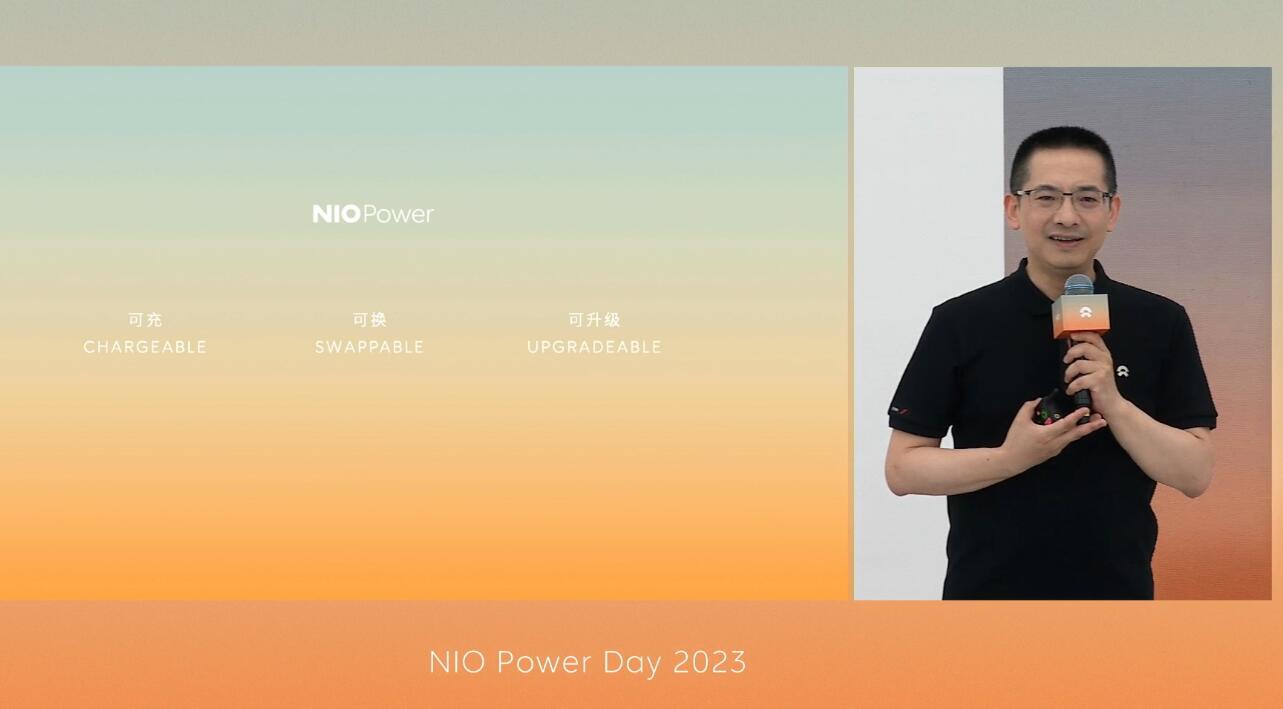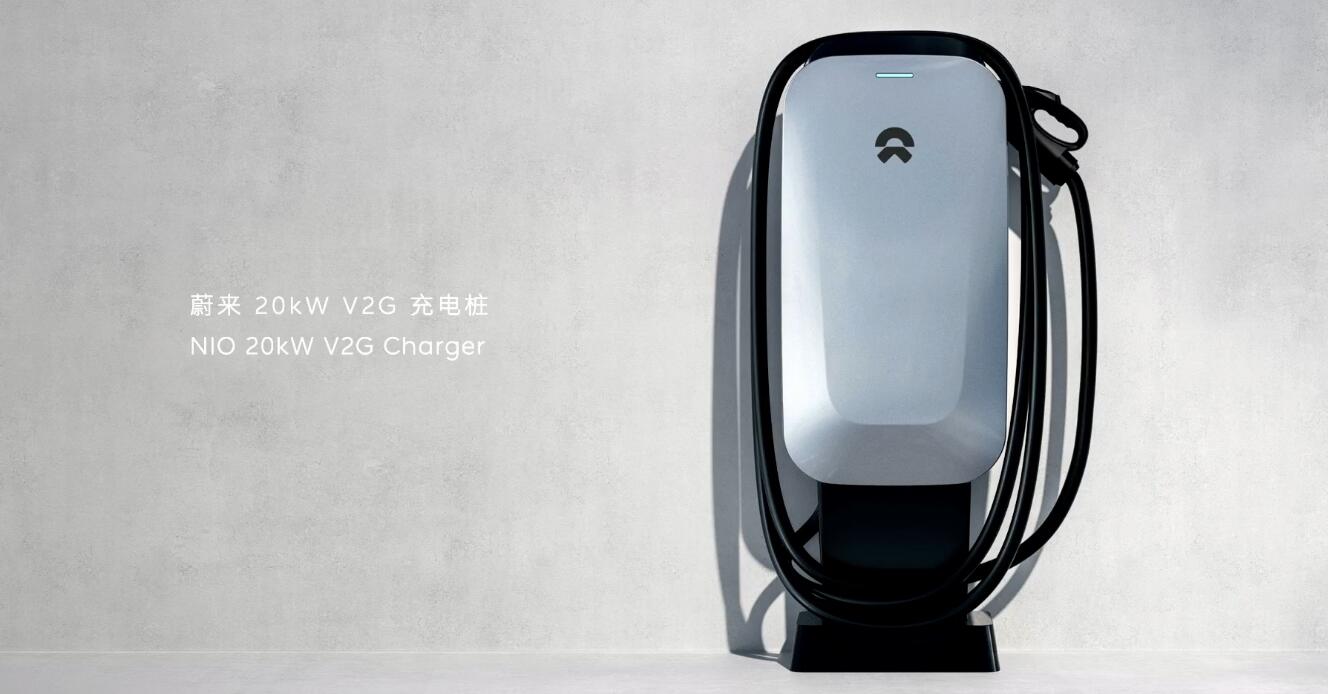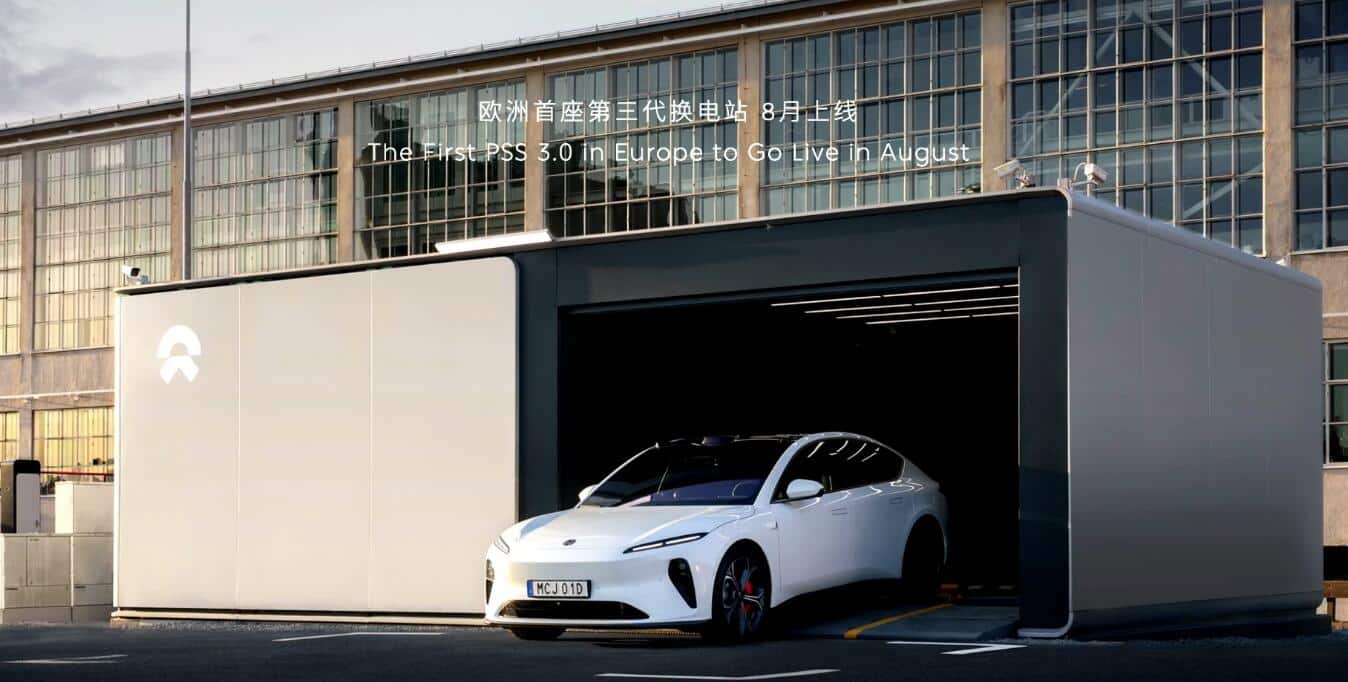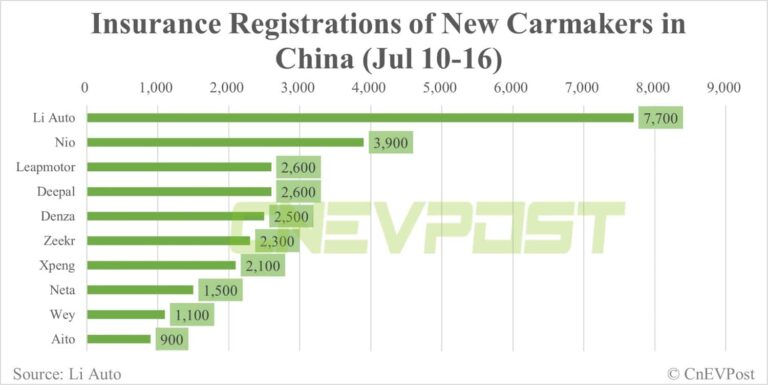Aggressive infrastructure plans will continue, car sales are picking up, but the 150-kWh battery pack will probably be slightly delayed again.
Nio (NYSE: NIO) held its new Nio Power Day event today in Beijing, its third annual event on power-up system.
At the event, the electric vehicle (EV) maker gave an update on the status of its energy replenishment system and next plans, but didn't provide details on its 150-kWh semi-solid battery pack.
Greater flexibility for battery upgrades
Nio's models all support battery swap, meaning any of its cars can simply upgrade their batteries at any time.
The company today began allowing owners to upgrade their standard range battery packs to long range on a daily basis, after previously offering annual as well as monthly upgrade options.
The additional cost for daily upgrades is RMB 50 ($7) per day, while the cost does not exceed RMB 880 per 31-day period, which is also the cost for monthly upgrades. If upgraded on a yearly basis, the cost is RMB 9,800 per year.
Prior to Nio's launch of the flexible battery upgrade program, half of the customers chose the standard range battery pack at the time of purchase, and the other half chose the 100-kWh long range battery pack.
After the program became available, 90 percent of customers chose the standard range pack, while the number of customers choosing the long-range pack was reduced to 10 percent, which can help save 17 percent of battery materials, Nio co-founder and president Qin Lihong said at today's event.
20-kW V2G chargers
Nio is actively engaged in its replenishment system's interaction with the power grid, beyond providing battery swap stations and charging stations available to vehicle owners.
The company today unveiled its 20-kW V2G (vehicle-to-grid) charger, which adds a discharge function in addition to charging.
With the help of this charger, vehicles can interact with the grid, allowing EVs to receive power when the grid is idle and release power when the grid load is high.
Nio owners can choose to charge their vehicles during low-priced hours and make the excess power available to the grid through this V2G charger.
For the grid, this makes it possible for vehicles to participate in load regulation, helping to improve grid efficiency and reliability.
Nio has partnered with Qilian Mountain National Park to build the world's first V2G photovoltaic self-cycling energy replenishment system, which will be officially put into operation in August, Qin said.
Infrastructure target could be realized ahead of schedule
To date, Nio has 1,564 battery swap stations and 1,509 supercharging stations providing 7,394 charging piles in China.
Nio's battery swap stations in China are expected to reach 1,600 in the next week, with the probability of adding more than 100 new battery swap stations in July, Qin said.
The company currently has three battery swap stations assembly plants in China, and Nio will be able to deploy these stations faster as the plants ramp up capacity.
Nio is likely to meet its goal of adding 1,000 battery swap stations this year one month ahead of schedule, and will continue to push ahead with its aggressive infrastructure program next year, Qin said.
Nio's first third-generation battery swap station deployed in Europe is in Sweden and is expected to be available to customers in August.
150-kWh battery may be slightly delayed
On May 24, at the launch of the new ES6, Nio founder, chairman, and CEO William Li announced that its 150-kWh semisolid battery pack would be available in July.
However, judging by Qin's words today, the ultra-long-range battery pack will likely be slightly delayed, perhaps not available until August.
There's a slight change in the availability of Nio's 150-kWh packs, but it's coming soon, and there will be a dedicated event for it, Qin said.
The development and validation of that 150-kWh pack has taken longer than expected, but Nio's operational readiness for the pack has been moving forward, he said.
The model of upgrading the battery on a day-to-day basis was originally meant for the 150-kWh battery pack, as upgrading it on a monthly basis might seem expensive, he said.
Nio unveiled the 150-kWh semi-solid-state battery when it launched its flagship sedan Nio ET7 at the Nio Day 2020 event on January 9, 2021, claiming that it would give the vehicle a range of more than 1,000 km.
Since then, the battery's delivery schedule has been delayed several times, and Nio filed for the use of the pack in its models in early May this year.
Beijing WeLion New Energy Technology, the supplier of the semi-solid-state battery cells, began delivering the cells to Nio on June 30, and the latter updated the user manuals for its vehicles earlier this month to include the 150-kWh packs.
Vehicle sales pick up
Nio's sales pickup in June was expected, and July will have a number that gives further confidence, according to Qin.
There is indeed some internal cannibalization between different models, but in terms of strategic thinking across the lineup, a premium brand will tend to offer users a more personalized product, Qin said in response to a question about whether Nio has too many EV models.
The more premium a brand is, the more personalized the product will be, and the more mass-market it is, the easier it is to standardize the product, he said.
As a premium brand, Nio won't have very few products, but compared to German premium carmakers BMW, Mercedes-Benz and Audi, Nio has a lot fewer models, Qin said
Nio delivered 10,707 vehicles in June, up 73.96 percent from May, as deliveries of several new models began recently.
Nio sold 3,900 units last week, up 25.81 percent from 3,100 units the week before, according to data shared by Li Auto earlier this week.
Between July 1 and July 16, the Nio sold 8,000 units, according to a table from Li Auto.



